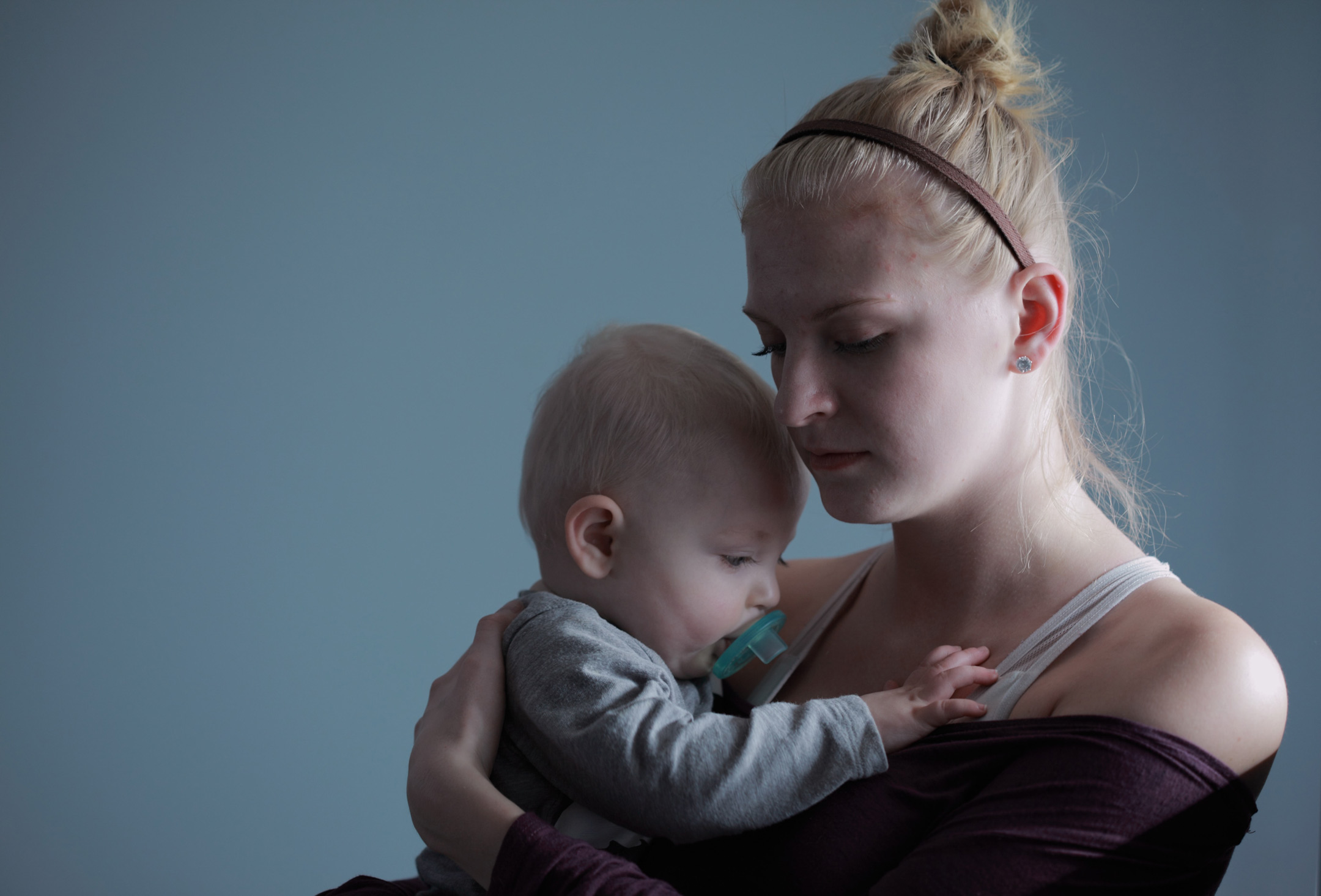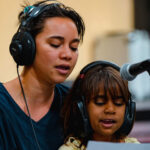
05 Dec Confronting The Past
Sarah Pietrzak is caught unawares when she is forced to confront an old, but lasting, family tragedy.
I was instantly transported to my childhood when I entered the room. My team member was practising resuscitation on the baby mannequin, under the eye of an assessor. But I was no longer there. I was the seven year old standing terrified in the corner of the room as I watched my father attempt to resuscitate my one month-old baby brother. To no avail.
The assessor smiled at me and said cheerfully, “Your turn!” as she pointed to the mannequin. I stared at it mutely. I couldn’t step towards it. I didn’t want to look at it, much less touch it. Like my baby brother, I couldn’t save it. It would be an exercise in futility. But she was smiling and staring, so I stepped forward.
I placed my mouth over its tiny nose and mouth and began delicate compressions on its improbably small chest. It was so different from what I had seen my dad do all those years ago. And yet it was exactly the same.
I was in the midst of exams for my Bronze Medallion so that I can be a lifesaver. It’s the first time I’ve done first aid. And even though we’d practised on life-size mannequins, I didn’t realise that part of our assessment would involve trying to revive a baby. I suspect that, subconsciously, I’ve avoided learning first aid because it would mean getting up close and personal with some traumatic issues. Like trying to save someone’s life, even if you fail.
I’ve seen what failing does. What it does to the child watching. What it does to the grown-up trying. What it does to the mother weeping.
People often ask me if I used monitors when my children were babies, you know, ‘in view of what happened to your brother’. The answer is no. I’m neurotic as it is. I suspect my fragile hold on sanity would have been brutally snapped in half had there been a monitor beside my bed transmitting my baby’s every sound.
My husband and I made the decision together that we would have our babies sleep in our room until they were a few months old. Truthfully, at the first sound, I was at my babies’ bedsides anyway. I know how quick SIDS is. There was maybe a mere minute between my brother crying out and his death. The time it took for him to die was the time it took my dad and me to walk to his room to pick him up from his cot. In that time he was gone. My father, a doctor, my mother, a nurse, could not bring him back to us.
There are countless theories as to why babies die of SIDS. Even all those years ago, my parents did everything it is now recommended that we do. My brother was on his back; he slept in a cot next to my parents’ bedroom. The mattress was firm, and he wasn’t exposed to smoke. And that is the kicker for me. You can do everything right. I did with my children. I dodged the bullet.
I spent countless hours sitting by my babies’ bedsides, watching their little chests rise and fall in a beautiful rhythm. And I’m so lucky. My little clan survived the ‘critical period’. I was one of the lucky mums. I suspect I’d be deemed a helicopter parent by well-meaning friends. But I give this very little thought.
My childhood was stolen from me in that room so many years ago. I cannot protect my own children from everything, but I want them to have the happiness and innocence I enjoyed until I was seven years old. It’s the best thing I can do for them.
And so, last night when I practised resuscitation on the little baby mannequin, it was intensely painful for me. Tears pricked at my eyes, and when the assessor finally called time on what I was doing, I shot outside to gulp in the fresh air and feel the wind on my face.
And in some ways, this is my brother’s legacy. Courage. For me to finally face my demons. For me to be able to make a difference. To save a life.



